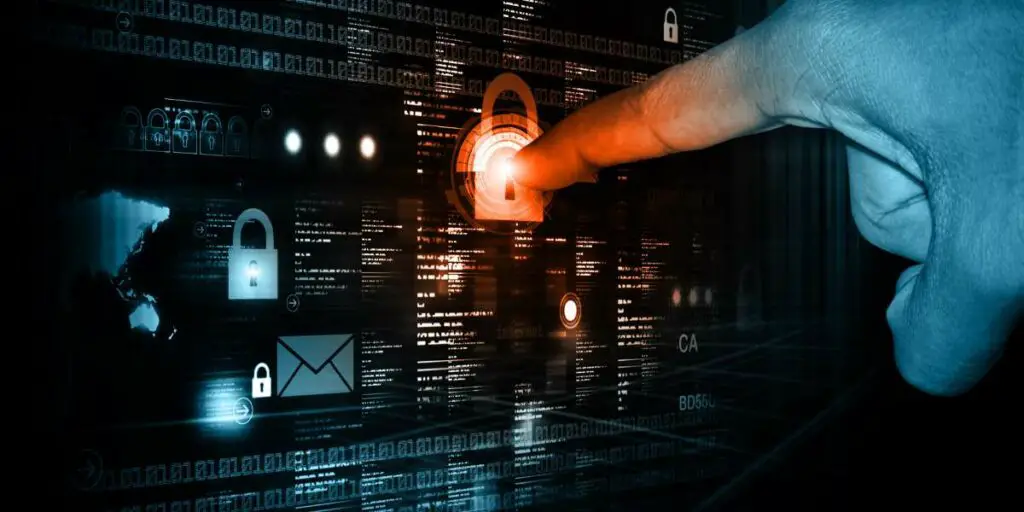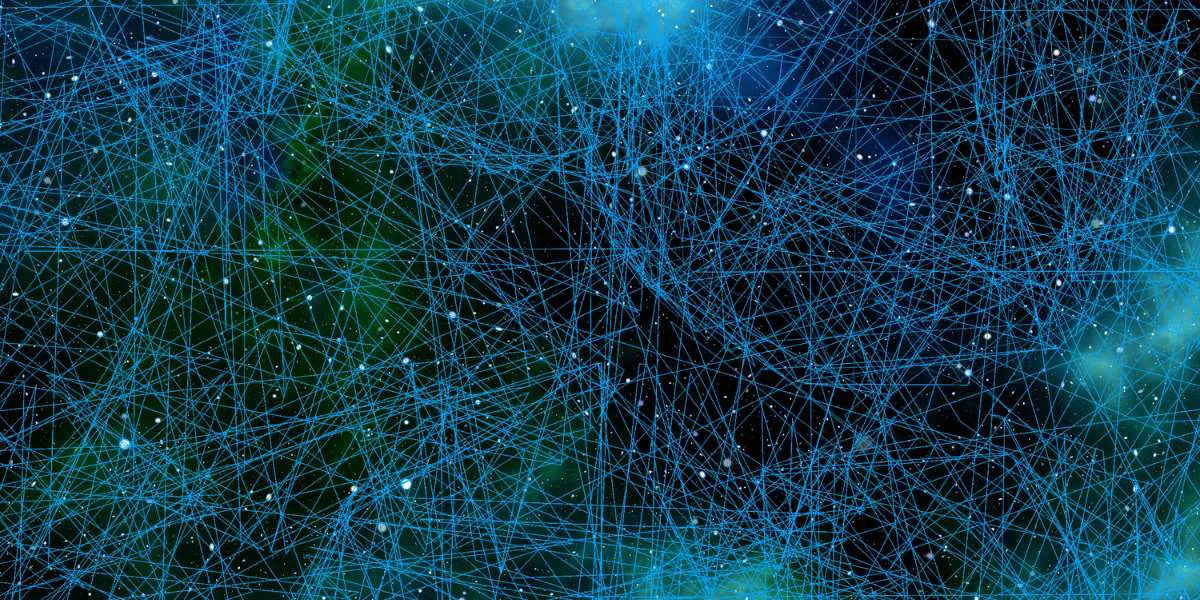Mental health is an ongoing issue in the XXI century. According to World Bank data, “nearly 1 billion people live with a mental disorder, and in low-income countries, more than 75% of people with the disorder do not receive treatment.” During the previous century, the world has undeniably changed. Mainly for the best, regarding healthcare, education, information access, technological development, and human rights. Simultaneously, more and more people are feeling depressed and overwhelmed by the current state of affairs.
It poses a paradoxical situation. Progress in various important social sectors does not translate into personal well-being. Even worse, people report enormous stress, anxiety, and sometimes hopelessness. It’s especially prevalent among younger generations.
There are many reasons why our societies are feeling down. Who could argue that the recent Covid-19 pandemic and lockdown negatively affected most of us? However, we’d like to elaborate on a different issue: information overload and security problems caused by the Internet. As progressive as it is, the Internet poses significant mental healthcare challenges. We must address them and ensure that modern technology causes as little stress as possible.
Do you have a particular question about major problems with Internet? Then use the table of contents below to jump to the most relevant section. And you can always go back by clicking on the black arrow in the right bottom corner of the page. Also, please note that some of the links in this article may be affiliate links. For more details, check the Disclosure section at the bottom of the page.
The Internet Problem
There’s no denying that the Internet is one of the most significant recent inventions. Currently, over 5 billion Internet users worldwide, of which 4.7 billion are using social media. It’s shocking when you realize that 30 years ago, in 1992, there were ten online websites. Right now, there are nearly 2 billion.
The Internet rapidly expanded and changed our daily lives. It’s hard to imagine learning without Wikipedia, communicating without social networks, and keeping up with the news without Google. These innovations are great, but they are, nevertheless, affecting our brains.
A British-Swiss author Johann Haris in his recent book “Stolen Focus,” argues that IT and social networks are negatively impacting our attention span. The statement is scrutinized. However, many prominent scholars and psychologists agree that the negative relationship is highly probable. We are single-minded people. Unlike computers, we cannot process several different tasks simultaneously. Quite the opposite – only some people enjoy the ability to multitask. Meanwhile, others find it stressful and frustrating.
According to the author, the youth mistakenly assumes they can manage several online processes simultaneously. For example, it’s common for a Gen Z Internet user to have Facebook, Reddit, Instagram, and TikTok (among others) accounts. Social media is indeed exciting. However, an abundance of online information results in apathy and exhaustion.

Switching between multiple social networks has a strong unconscious cognitive effect. The brain jumps from one idea to another, led by flashing smartphone popups and notification bells. It grabs your attention and immediately offers another experience creating a somewhat chaotic atmosphere.
Facebook whistleblower Frances Haugen revealed that Facebook is very much aware of its harmful effects on younger generations. TeenVogue article elaborates on dopamine depletion that social networks exploit to keep users online. Dopamine is a happiness hormone released, among other things, during positive social interactions. However, things get more complicated when we talk about virtual space.
Sharing photographs and receiving comments and likes creates a dopamine rush. However, the euphoric feeling doesn’t last very long, and soon one craves another boost. It forces the user to spend more time online. A significant number of users develop a dependency on receiving dopamine solely from social network interactions. Unfortunately, as the 2020 blockbuster “The Social Dilemma” reveals, it’s more about keeping users online and getting ad clicks than social fulfillment.
Social networks utilize social engineering practices to affect our cognitive processes. Moreover, they offer an abundance of possible experiences, inviting people to get back online in fear of missing out (FOMO). This hints at another psychological issue – information overload and security.
Information Overload and Security
The Information Age began in the mid-XX century marking the rapid switch from traditional industrial economies to IT. Around the same time, American writer and futurist Alvin Toffler popularized the term “Information Overload” in his bestseller “Future Shock.”

Information Overload is the inability to make good decisions when one has too much information about the problem. Paradoxically, large quantities of data and decision-making correlate negatively. Human decision-making is much more like cutting the Gordian Knot. At some point, one has to ignore the issue’s complexity and proceed with an action.
We are facing a very similar problem, especially regarding technology. For example, programmers deal with many issues hidden within tens of thousands of lines of code that could feel paralyzing. Another example is information bubbles enabled by social networks. The intense exchange of dozens of opinions is amplified by social media algorithms that prefer bad news. It’s nearly impossible to form an objective opinion from the inside. From the outside, the informational chaos would be tedious to decipher. At worst, it could damage one’s ability to cope with reality leading to depressive periods.
This leads to the last part of the issue – security.

Feeling uncertain and unable to take action is terrible. Moreover, the Internet is plagued by real dangers. People share so much personal information online that, sooner or later, someone decides to exploit it. Once again, social networks incentivize sharing more by promising dopamine.
Imagine the stress levels many celebrities had to go through in 2014 when Apple iCloud leaked their most intimate personal life details. People are invited to share first and think later. For example, how many people think of actually secure cloud storage to keep their pictures? According to cybersecurity experts, a significant minority is well prepared to protect their online data. On the other hand, it’s essential when sharing the most intimate details that could damage one’s reputation.
Final Thoughts
All of the discussed matters don’t mean social networks are inherently wrong and insecure. However, we should not ignore those issues. We must learn to properly deal with an abundance of data and information overload.
Moreover, trusting the virtual space with our data should go hand in hand with additional security. After all, we lock our doors to protect ourselves and our property. So all we have to do is lock our private lives online.
Credits: Thanks for the photo to Canva.

At ipoki.com we only mention the products that we’ve researched and considered worthy. But it’s important to mention that we are a participant of several affiliate programs, including Amazon Services LLC Associates Program, an affiliate advertising program designed to provide a mean for us to earn fees by linking to Amazon.com and affiliated sites. As an Amazon Associate ipoki.com earns from qualifying purchases.


